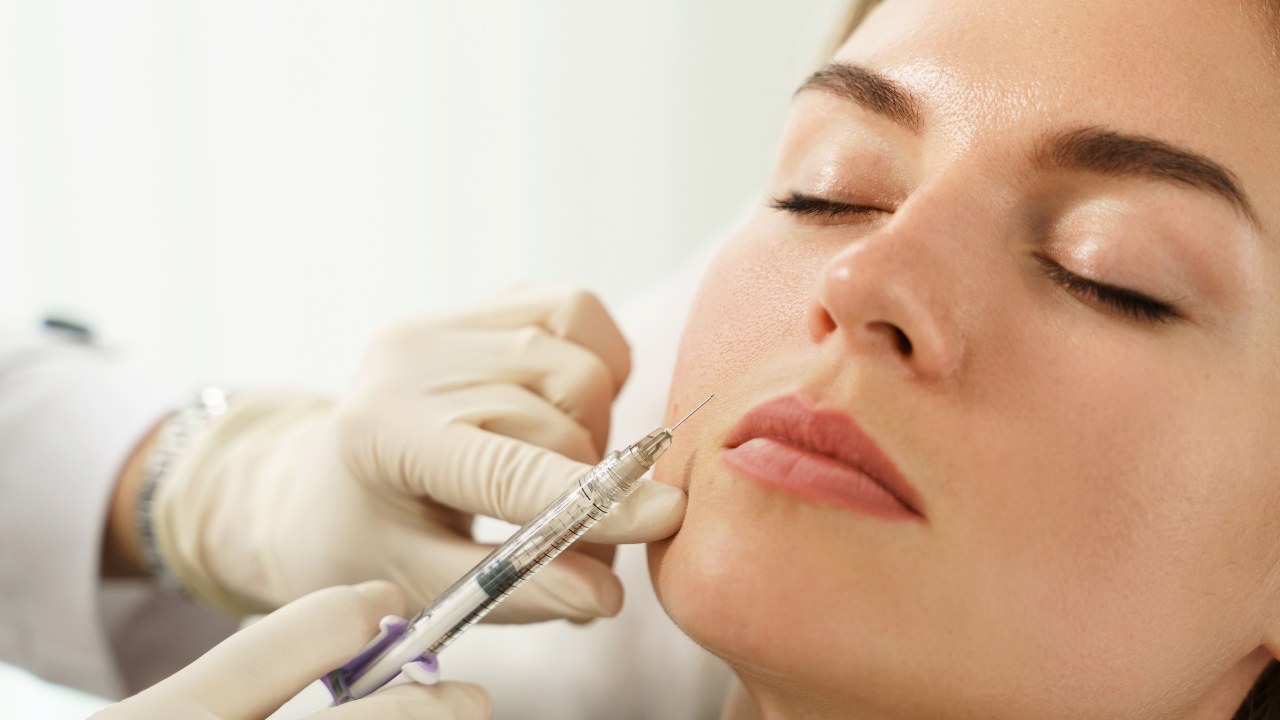You might have heard murmurs about some new glutathione rush flooding social media – but is this antioxidant asset safe or just another potentially problematic fad? Sorting science from speculation feels overwhelming these days.
Let’s explore critical considerations together before believing every wellness claim or dismissing helpful therapies outright.
By examining common questions around using glutathione for health along with risks we require solid answers on, you’ll learn to separate useful supporting facts from fear-based fiction or marketing exaggerations.
Does the route of administration impact safety? Do certain pre-existing conditions interact negatively?
As we weigh legitimate, evidence-based guidance, not just inflamed internet drama surrounding glutathione, the power lies in reaching informed perspectives.
Knowledge helps cut through confusion – let’s dig in!
Is Glutathione Safe?
Glutathione is considered safe when taken orally in doses up to 500 mg daily for up to 2 months. However, there isn’t much information available about its possible side effects. When inhaled or applied to the skin, there isn’t enough reliable information to know if glutathione is safe.
Glutathione is generally well-tolerated; no significant adverse events have been observed in clinical trials. An acute toxicity study in mice found that the lethal dose 50 (LD50) was more than 5 g, indicating that glutathione is nontoxic. However, there are some precautions and potential risks to consider:
- Allergic reactions: Some individuals may be sensitive to glutathione, which could lead to allergic reactions.
- Pregnancy and breastfeeding: There is not enough data to show that glutathione is safe for pregnant or nursing individuals.
- Injection-related risks: The FDA has highlighted concerns about using the dietary ingredient glutathione in compounded sterile injectable drugs, as it may cause unintended health consequences ranging from fever to death.
Is Glutathione Infusion Safe?
Glutathione infusions, often glutathione IV therapy, are popular wellness treatments. Glutathione is a powerful antioxidant naturally produced in the liver.
It’s involved in many processes in the body, including:
- Tissue building and repair
- Making chemicals and proteins needed in the body
- Immune system function
Regarding safety, it’s crucial to consider the following points:
Medical Supervision
Like any medical procedure, glutathione infusions should be performed under the supervision of a qualified healthcare professional. This ensures the correct dosage and monitors for any adverse reactions.
Potential Side Effects
While many people do not experience significant side effects, some may encounter issues such as allergic reactions, abdominal cramps, bloating, or, more rarely, kidney dysfunction. The risk of side effects can be higher in people with certain medical conditions.
Quality and Dosage
The quality of the glutathione and dosage can affect safety. Using pharmaceutical-grade glutathione, and dosages appropriate for the individual’s health status is crucial.
Individual Health Conditions
People with certain health conditions, such as asthma, kidney or liver disease, need to exercise caution and consult a healthcare provider before undergoing glutathione infusions.
Lack of FDA Approval for Some Uses
While glutathione is used for specific medical conditions, its use for general wellness or cosmetic purposes (like skin whitening) is not FDA-approved and may carry risks.
Research and Efficacy
There is ongoing research into the benefits and safety of glutathione infusions. While some studies suggest potential benefits, more extensive research is needed to understand its efficacy and safety profile fully.
Alternative Sources
Glutathione levels can also be boosted through certain foods and oral supplements, which may be a safer or more appropriate option for some individuals.
Is Glutathione Injection Safe?
Glutathione injections, like infusions, involve administering glutathione directly into the bloodstream. Glutathione is a type of naturally occurring antioxidant in the body, known for its role in reducing ailments like oxidative stress and supporting the immune system.
However, the safety and efficacy of glutathione injections should be carefully considered:
Medical Supervision
It’s essential to receive glutathione injections under the supervision of a qualified healthcare professional. This ensures the correct handling and administration of the substance and monitoring for adverse reactions.
Potential Side Effects
Possible side effects include allergic reactions, which might manifest as skin rashes, itching, or even more severe responses. Some individuals might experience gastrointestinal discomfort, such as bloating or abdominal pain. In rare cases, more adverse side effects like kidney or liver dysfunction can occur.
Dosage and Quality
The safety of glutathione injections can be affected by the quality of the product and the dosage used. Pharmaceutical-grade glutathione and appropriate dosages tailored to the individual’s health status are essential for safety.
Individual Health Conditions
People with certain health conditions, especially those affecting the liver or kidneys, should be particularly cautious. Consulting with a specialized healthcare provider is crucial to evaluate whether glutathione injections are safe based on individual health profiles.
FDA Approval and Clinical Evidence
The use of glutathione injections for specific medical purposes may be supported by clinical evidence. Still, its use for other purposes, such as cosmetic skin whitening, is not typically FDA-approved and lacks substantial clinical evidence. This lack of approval and evidence can raise safety concerns.
Alternative Ways to Boost Glutathione
Other ways to increase glutathione levels include dietary changes and oral supplements. These methods might be safer and more suitable for some individuals.
Research and Efficacy
While there is ongoing research into the benefits of glutathione injections, more extensive and conclusive studies are essential to fully understand their efficacy and safety profile.
Why Glutathione Therapy from IV Vitamin Therapy
IV Vitamin Therapy, led by Dr. David Nazarian, offers specialized treatment in glutathione injections, known for their efficiency in enhancing cell health and combating free radicals.
These injections, surpassing the effectiveness of oral supplements, are tailored for various health conditions like HIV/AIDS, asthma, and heart disease. The clinic also emphasizes the role of glutathione in improving immune function and skin health.
This service in different cities in Los Angeles ensures a comfortable and professional environment, with the added convenience of a concierge service for at-home treatments. For a comprehensive understanding of their offerings, visit the Glutathione Injection and Glutathione Infusion service pages.


